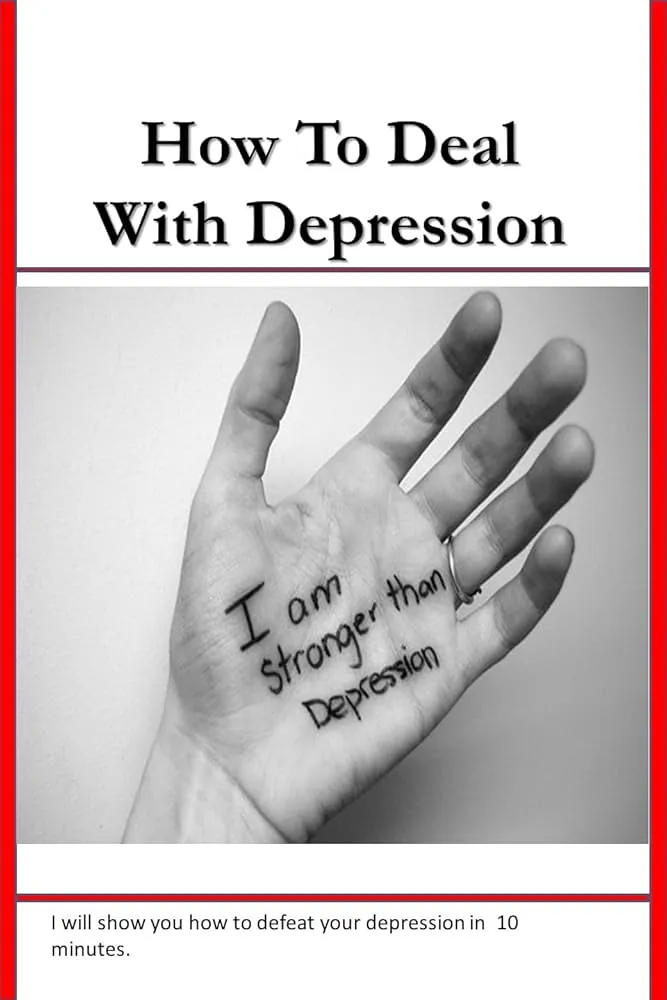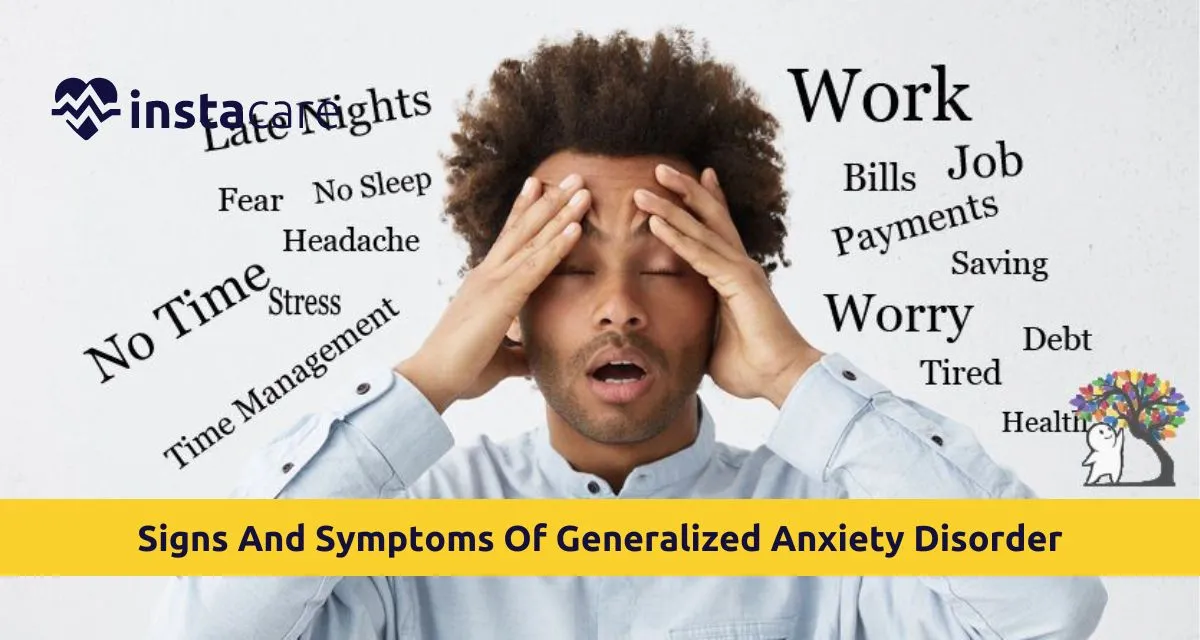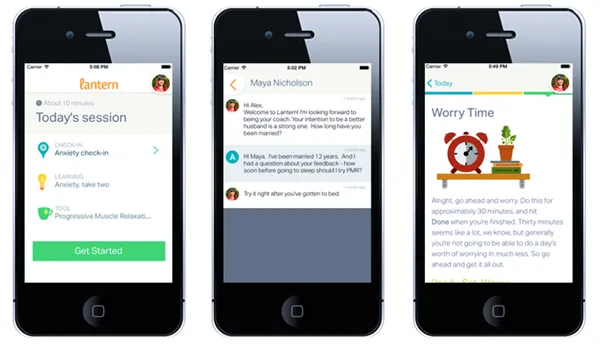Depression is a mental health condition that affects millions of people worldwide. It can make everyday activities feel overwhelming and can even lead to severe physical, emotional, and social consequences. However, understanding how to deal with depression is crucial for regaining control and improving overall well-being. In this article, we will discuss effective strategies for managing and overcoming depression, drawing on both professional and self-help approaches.
What is Depression?
Depression is more than just feeling sad or having a bad day. It is a serious mental health disorder characterized by persistent feelings of sadness, hopelessness, and a lack of interest in activities once enjoyed. It affects how a person feels, thinks, and handles daily tasks.
There are various types of depression, including:
- Major Depressive Disorder (MDD): Severe depression that interferes with daily functioning.
- Persistent Depressive Disorder (PDD): A chronic form of depression lasting for at least two years.
- Seasonal Affective Disorder (SAD): Depression triggered by seasonal changes, often occurring in the winter months.
- Bipolar Disorder: Characterized by mood swings between periods of extreme highs (mania) and lows (depression).
Understanding the Symptoms of Depression
Before you can effectively deal with depression, it is essential to recognize its symptoms. These can vary, but common signs of depression include:
- Persistent feelings of sadness, emptiness, or hopelessness.
- Loss of interest or pleasure in activities.
- Fatigue or lack of energy.
- Difficulty concentrating or making decisions.
- Changes in sleep patterns (insomnia or excessive sleep).
- Appetite changes, either eating too much or too little.
- Physical symptoms, such as headaches, stomachaches, or muscle pain.
- Thoughts of self-harm or suicide (seek immediate help if this occurs).
If you or someone you know is experiencing these symptoms, it is important to seek help from a mental health professional.
How to Deal with Depression: Effective Strategies
1. Seek Professional Help
One of the most important steps in dealing with depression is seeking professional help. A mental health professional, such as a psychologist or psychiatrist, can provide a proper diagnosis and recommend treatment options tailored to your needs. Treatment may include:
- Cognitive Behavioral Therapy (CBT): A type of talk therapy that helps identify and change negative thought patterns contributing to depression.
- Medication: Antidepressants can help regulate brain chemistry and alleviate depressive symptoms. Your doctor may prescribe selective serotonin reuptake inhibitors (SSRIs) or other types of antidepressants.
- Psychotherapy: Regular therapy sessions provide a safe space to talk about your feelings and explore the underlying causes of depression.
It is important to remember that therapy and medication may take time to show results. Consistency is key, and finding the right treatment plan may involve trial and error.
2. Build a Support Network
Having a solid support system is crucial when managing depression. Connecting with family members, friends, or support groups can provide emotional support and reduce feelings of isolation. Talking about your feelings and being open with others can create a sense of relief and help you process difficult emotions.
Consider reaching out to people you trust, even if it feels challenging. If you’re unsure who to talk to, professional therapists or support groups can offer guidance.
3. Practice Self-Care
Self-care refers to the activities and practices you engage in to nurture your body and mind. While it’s easy to neglect self-care when feeling depressed, focusing on your well-being can significantly improve your mental health. Here are a few self-care strategies to incorporate into your routine:
- Exercise: Physical activity releases endorphins, which are natural mood boosters. Even a short walk or light stretching can help lift your mood.
- Nutrition: A healthy, balanced diet can support your mental health. Aim to eat whole foods rich in vitamins, minerals, and omega-3 fatty acids, which are essential for brain health.
- Sleep: Proper rest is crucial for mental health. Establish a consistent sleep routine and aim for 7-9 hours of quality sleep each night.
- Relaxation Techniques: Engage in mindfulness, meditation, or deep breathing exercises to reduce stress and promote relaxation.
4. Set Small, Achievable Goals
When you’re feeling depressed, everyday tasks can feel overwhelming. Setting small, manageable goals can help you regain a sense of control and accomplishment. Break larger tasks into smaller, more achievable steps, and celebrate even the smallest victories. For example, instead of planning to clean your entire house, set a goal to tidy up one room or even a small corner.
By accomplishing small goals, you’ll begin to build momentum and feel more motivated to tackle larger challenges.
5. Stay Active and Engaged
Although depression often makes you want to withdraw from the world, staying active and engaged can help prevent you from becoming consumed by negative thoughts. Some ways to stay active include:
- Pursuing hobbies: Reconnect with activities you once enjoyed, whether it’s painting, writing, playing an instrument, or gardening.
- Socializing: Engage in social activities, even if you don’t feel like it. Spending time with others can help combat feelings of isolation.
- Volunteering: Helping others can create a sense of purpose and improve your mood.
6. Manage Stress and Negative Thoughts
Stress and negative thinking patterns can exacerbate depression. Learning to manage stress and practice positive thinking can improve mental health. Some techniques to help you cope with stress and negative thoughts include:
- Mindfulness: Focus on the present moment and avoid ruminating on past events or worrying about the future.
- Cognitive Restructuring: Challenge negative thoughts by questioning their validity and replacing them with more balanced perspectives.
- Relaxation Techniques: Practices like deep breathing, progressive muscle relaxation, or yoga can reduce physical tension and calm the mind.
7. Avoid Alcohol and Drugs
While it may seem tempting to use alcohol or drugs as a coping mechanism for depression, they can make the condition worse. Alcohol and drugs can increase feelings of sadness, anxiety, and hopelessness. They can also interfere with medication and therapy, delaying progress.
If you’re struggling with substance use, consider seeking support from a mental health professional or a support group to help you manage both depression and any addiction issues.
8. Know When to Seek Emergency Help
In some cases, depression can lead to thoughts of self-harm or suicide. If you or someone you know is in immediate danger, it’s crucial to seek emergency help. You can contact a crisis hotline or go to the nearest emergency room. A mental health professional can help assess the situation and provide the necessary support.
Conclusion: Finding Hope and Healing
Dealing with depression is a process that requires time, patience, and persistence. While it may feel impossible at times, there are effective strategies for managing depression and improving your mental health. Seeking professional help, building a support system, practicing self-care, and staying active are all essential components of recovery.
Remember that it’s okay to ask for help and take things one step at a time. With the right support, you can begin to heal and move toward a brighter, healthier future.
If you are experiencing depression, reach out to a mental health professional who can guide you toward the best treatment options for your situation. Recovery is possible, and taking that first step toward seeking help can make all the difference.




